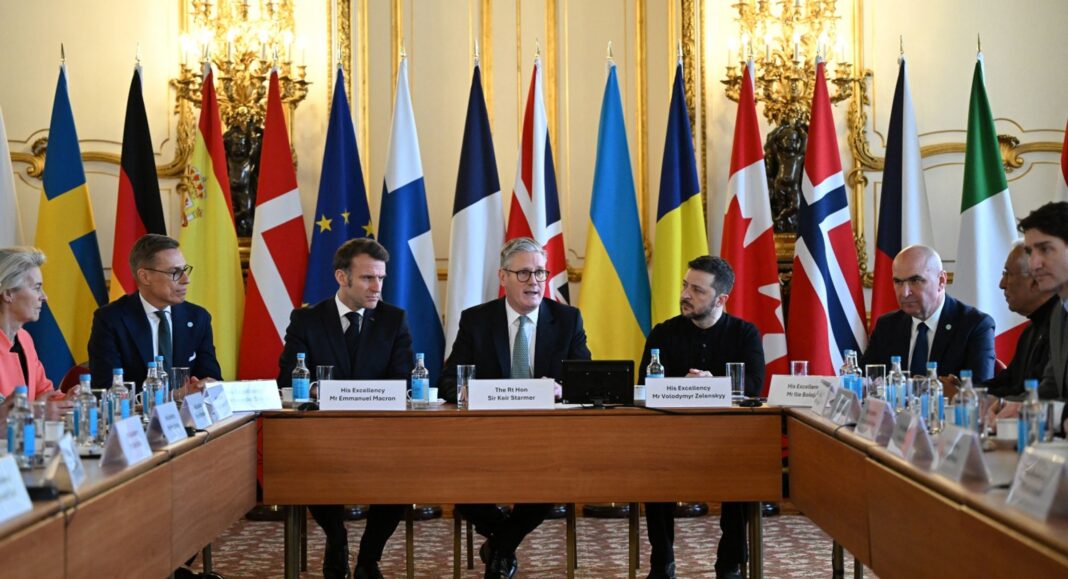Europe is entering the most intense rearmament phase in decades, as the United States becomes increasingly distant from its traditional allies. Amid these changes, Canada is seeking a role in the new world order, with the potential to become an important strategic partner for Europe.
According to Canadian Foreign Minister Mélanie Joly, Ottawa is negotiating a defense cooperation agreement with the European Union, allowing Canadian companies to participate in European defense contracts. This could be the first step in strengthening Canada’s position in a post-NATO military alliance, should NATO weaken under pressure from the U.S.
Europe’s Rearmament – Is There Room for Canada?
Following shocking statements by U.S. President Donald Trump about halting support for Ukraine, Europe has swiftly accelerated the formation of a separate defense alliance. European Commission President Ursula von der Leyen emphasized: “We are living in the most dangerous period. Europe cannot rely on anyone else to protect itself.”
While the UK, having left the EU, still expresses interest in joining this alliance, with Prime Minister Keir Starmer calling for the creation of a “ready-to-act” alliance open to countries outside Europe.
Canada is the only non-European country invited to participate in meetings about this new alliance, but the question remains whether Ottawa will be welcomed into a closer defense alliance with Europe.
What Can Canada Contribute?
While Canada’s military strength is limited, the country holds essential resources that Europe desperately needs, especially energy. Europe is still reliant on Russian gas and LNG from the U.S., which could be controlled by the Trump administration.
Military expert Christian Leuprecht states: “Europe could reduce the risk of U.S. energy pressure by importing LNG from Canada.” Germany has shown interest in both Canadian natural gas and green hydrogen, with former Chancellor Olaf Scholz visiting Newfoundland to sign an energy deal in 2022.
Moreover, Canada could provide a safe manufacturing base for Europe, avoiding the risk of missile attacks like those facing Ukraine. Canada played a vital role in supplying weapons to the UK during World War II, and this could be replicated today.
Challenges and Opportunities
However, Canada faces two harsh realities. First, the country seeks alliances because it feels threatened by the U.S., while Europe is more concerned about Russia than Washington. Second, Canada struggles to become an important military ally due to its limited ability to deploy troops worldwide.
Nonetheless, if Ottawa leverages its advantages in energy and defense industry capabilities, a stronger strategic relationship with Europe could still form. Leuprecht emphasizes: “In every crisis, there is an opportunity. This is the time for Canada and Europe to draw closer together.” Will Canada become an important part of Europe’s new defense alliance? The answer will depend on decisions made by both Ottawa and Brussels in the near future.






